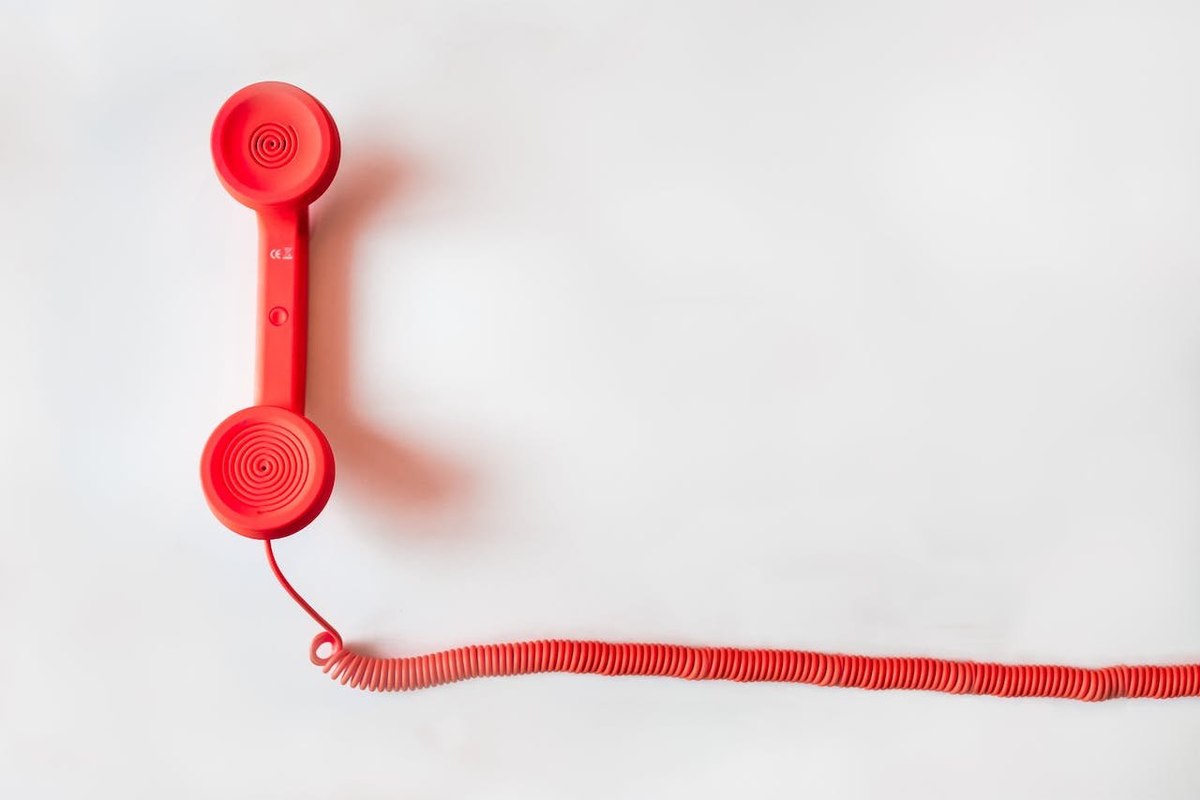
Telephone etiquette – What do Britons consider acceptable or unacceptable on calls?
In a recent survey of 2,000 British adults, we explored what is considered acceptable and unacceptable during voice phone calls.
An overwhelming majority agree that certain behaviors are just not on—nine in 10 find eating or chewing loudly during calls unacceptable (92%). Eight in 10 Britons disapprove of speaking loudly in public spaces (88%), while 86% consider using speakerphone in shared environments inappropriate. Additionally, 84% of adults find shifting focus from the call to interact with someone else without informing the other party to be rude, and 76% think answering or ending calls without basic greetings like "Hello" or "Goodbye" is impolite. The timing of calls also plays a crucial role, with 76% objecting to late-night calls and 69% to early morning calls.
However, opinions on what's acceptable vary depending on age. Younger adults are more lenient about when it's appropriate to make calls. For instance, half of those aged 18-24 think calling late at night is acceptable (48%), a sentiment shared by only one in 10 of those aged 55 and older. This leniency extends to early morning calls as well, with 47% of the younger group deeming them acceptable compared to just 18% of the older cohort.
Additionally, 40% of those aged 18 to 24 see no issue with answering or ending calls without traditional greetings like "Hello" or "Goodbye," behaviour only 14% of those over 55 years would consider acceptable. Even behaviours like eating or chewing loudly on calls and shifting focus during a call to interact with someone else nearby without informing the other party are seen more leniently by younger adults.
Gender differences also shed light on varying attitudes towards call etiquette. Men are generally more permissive, with a quarter considering late-night calls acceptable (24%) compared to one-fifth of women (18%). Similar patterns emerge for other behaviors, such as using speakerphone in shared environments and omitting greetings—men are more likely to find these behaviors acceptable than women.
Despite some shared common ground on certain faux pas, it's clear that age and gender play significant roles in shaping opinions on voice call etiquette. Younger people tend to be more lenient about these matters than older adults. As for gender, men are slightly more likely to bend the rules of phone etiquette.
Make smarter business decisions with better intelligence. Understand exactly what your audience is thinking by leveraging our panel of 26 million+ members. Speak with us today.
Methodology: YouGov Surveys: Serviced provide quick survey results from nationally representative or targeted audiences in multiple markets. This study was conducted online on 8-9 April 2024 with a nationally/ representative sample of 2,005 adults (aged 18+ years) in Great Britain, using a questionnaire designed by YouGov. Data figures have been weighted by age, gender, education and social grade to be representative of all adults in Great Britain (18 years or older) and reflect the latest ONS population estimates. Learn more about YouGov Surveys: Serviced.